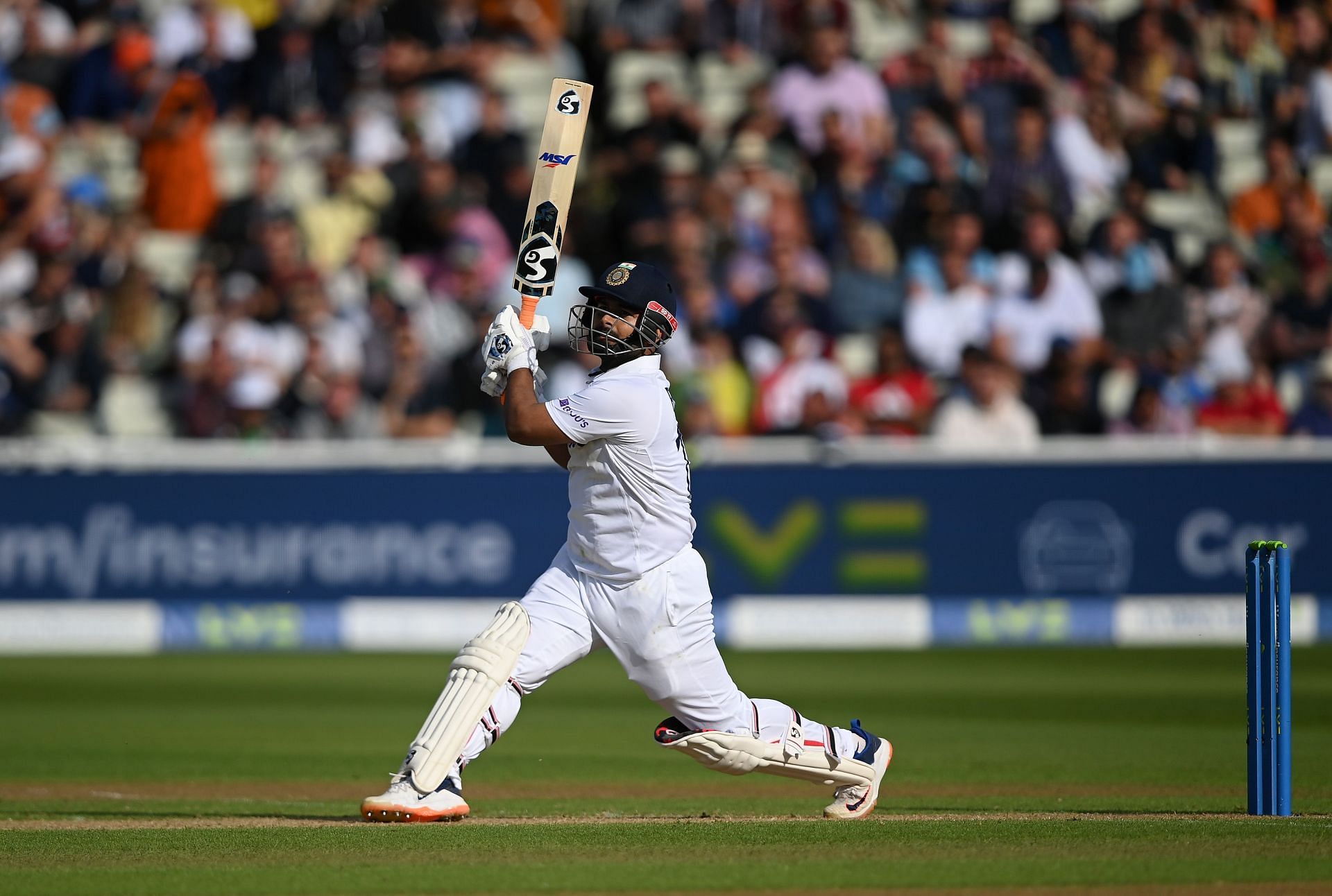
Nightwatchman in Cricket: Who are they and why do teams often use them?
When India bowled Bangladesh out for 231 today in the second innings of the second and final Test of the series, it seemed like they would easily coast to victory. After all, India needed just 145 runs to win. But the hosts fought their way back at Dhaka's Shere Bangla National Stadium to leave India teetering at 45 for 4 at the end of the day's play.
Bangladesh spinners Mehidy Hasan Miraz and Shakib Al Hasan turned the match around in what earlier seemed like a lost cause. Mehidy dismissed Shubman Gill, Cheteshwar Pujara and Virat Kohli, while Bangladesh captain Shakib picked up the wicket of his counterpart KL Rahul.

One of the talking points at the end of the day was India sending Jaydev Unadkat to bat ahead of Shreyas Iyer and Rishabh Pant. The move has once again sparked a debate about teams using a nightwatchman in Test matches.
Unadkat survived the day along with Axar Patel, batting on 26, leaving first-innings heroes Rishabh Pant and Shreyas Iyer yet to bat.
Let's take a look at the nightwatchman strategy and why teams use it.
What is a nightwatchman?
A nightwatchman is a lower-order batsman who is sent out to bat higher up the order in Tests at the end of the day's play. The strategy is aimed at protecting specialist batsmen from getting out that day.
The nightwatchman, who is usually a specialist bowler, is sent out with instructions to just survive the day, and does not have the burden to score at a certain rate. Jaydev Unadkat came out to bat after Virat Kohli's dismissal and had to hang around for 2.1 overs to see the day out.
Why do captains send out a nightwatchman in Tests?
Even though there are no fixed number of overs when a nightwatchman is sent out, the strategy is usually deployed at a time when there is poor light or when players are tired at the end of the day.
This allows a specialist batsman the opportunity to come out and bat fresh on the next day. Captains often deploy this strategy to prevent a top-order collapse because even if the nightwatchman gets out on the next day, it doesn't hurt the batting side much.
What is the argument against the nightwatchman strategy?
The primary criticism against sending a nightwatchman is that it puts someone who is less talented with the bat in a position to face difficult conditions. Critics highlight how specialist batsmen are hardly ever asked to bowl, even when the session or day is about to end.
Some say that a batsman who has made it to the playing XI based on his batting skills should be able to see out the day, regardless of the situation at hand.
What is your view on the nightwatchman strategy? Do you think sending out a bowler to see out the day is a smart plan? Let us know in the comments.